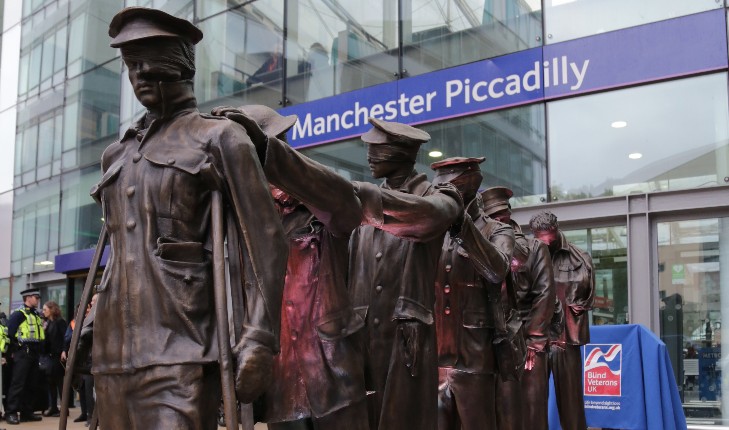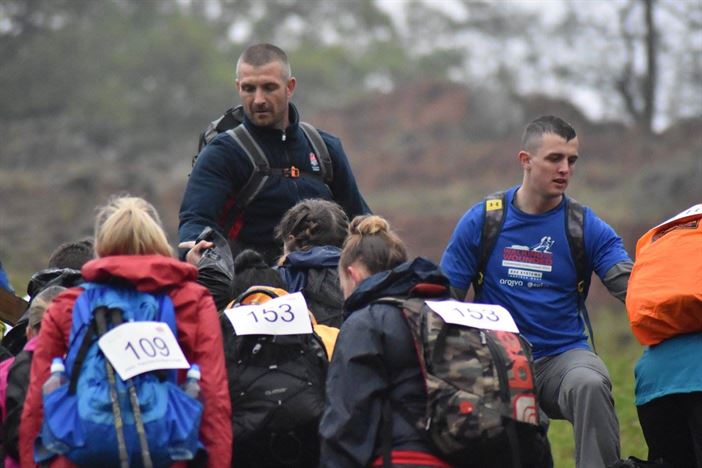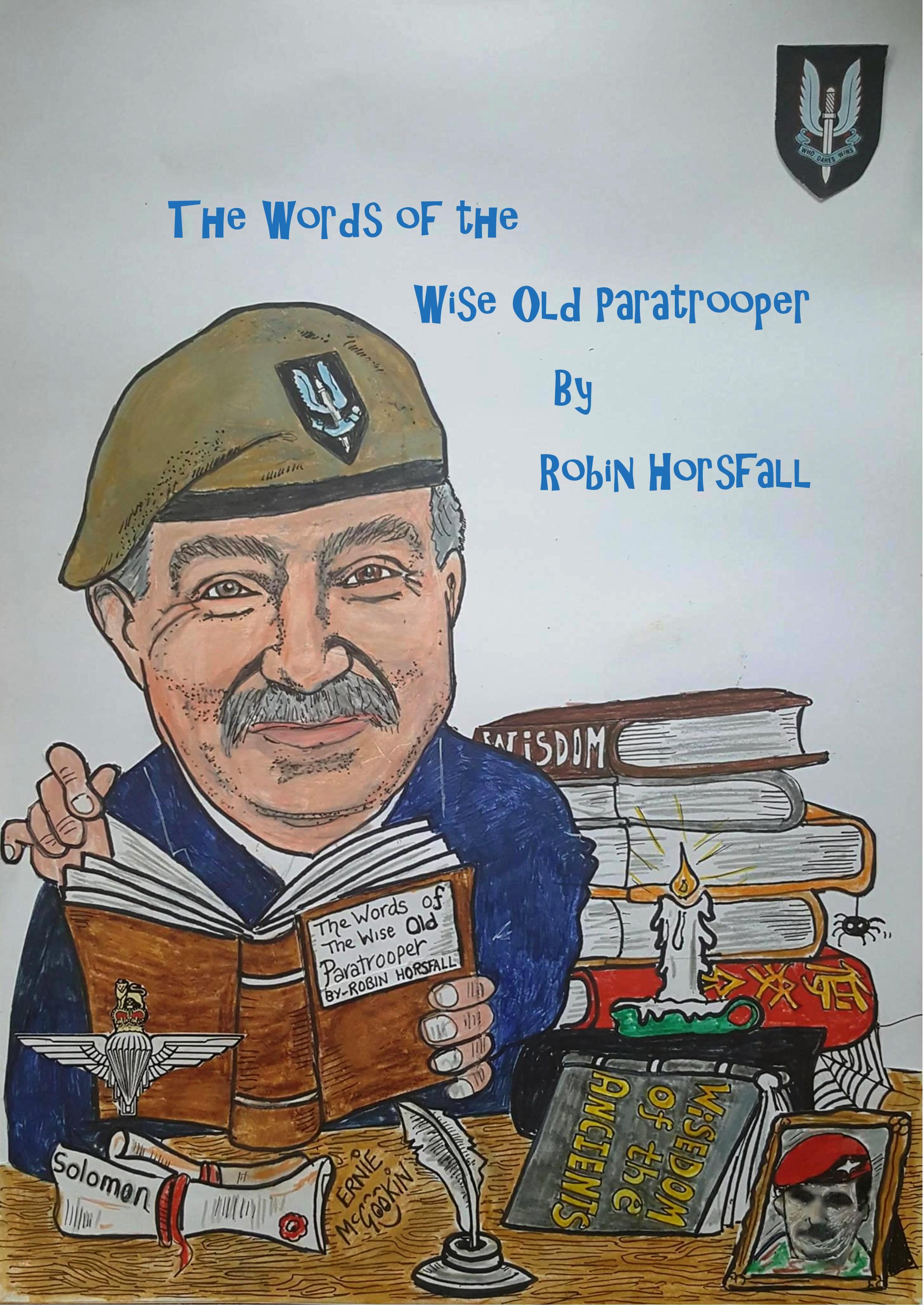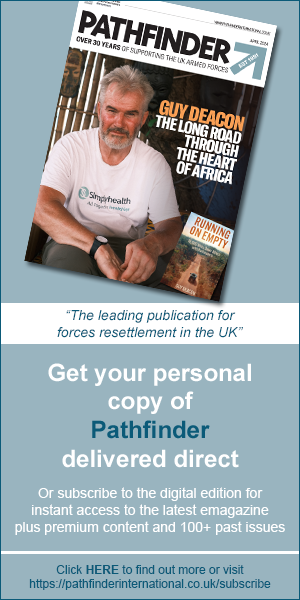British soldiers who have suffered life-changing injuries in action will receive vital support from funds raised by a 2,000km charity cycle ride currently taking place
The Cycle 2000 challenge will visit all 20 Barclays Premier League Grounds in the country from Newcastle to Southampton, as well as military sites including the Queen Elizabeth Hospital in Birmingham, Defence Medical Rehabilitation Centre Headley Court and three Help for Heroes Recovery Centres including Tedworth House. The funds raised will be used to support specific training, education and resettlement initiatives run by Help for Heroes and ABF The Soldiers’ Charity.
The team is made up of civilians, serving and former soldiers, three of whom are amputees, and three former injured soldiers who now work for Barclays, pioneering the Armed Forces Transition, Employment and Resettlement (AFTER) programme. AFTER is a £1m Barclays partnership with the Ministry of Defence to support 1,000 wounded in service personnel and help them into employment with leading businesses.
The number of British military personnel being medically discharged is at its highest since the Second World War. Whilst these people are extremely capable, many need support with vocational training, education and structured work placements in order to make a successful transition into civilian employment.
Barclays has been piloting the AFTER programme since 2011 and aims to employ 50 wounded in service soldiers by the end of this year, and go further in 2014, with the aim of helping them secure permanent careers once they are formally dis-charged from the military.
Staff from Barclays branches across the country will also be supporting the ride, and holding special fund-raising events. Also joining the ride is three-time British Time Trial champion and Movistar Team professional cyclist, Alex Dowsett, who said: "I am proud to support this event, hopefully we can raise lots of money and awareness for our wounded and injured military personnel".
Paul Findlay, 28, served as a Corporal in the Royal Signals and refuses to let his injuries get the better of him. He was one of the first wounded in service soldiers to take a placement at Barclays through the AFTER programme in 2011 and now has a permanent job with the bank. He also provides advice both to companies and recovering soldiers about how they can work together.
Paul said: “After my injury I spent a long time in a Recovery Centre. I thought my employment options were severely limited, and I never thought I would be working for a bank. I’m leading this challenge to raise funds for Help for Heroes and ABF The Soldiers’ Charity because I’ve seen the difference programmes like this can make for our wounded troops.
“Cycle 2000 is also fantastic way to demonstrate to employers across the country that ex-military personnel have a huge amount of skills and qualities to offer. If employers are willing to recognise that these people can be real assets for their business, then there’s a lot we can do to help our troops to have a better future.”
Bryn Parry, CEO and Co-Founder Help for Heroes, said: “As Help for Heroes began with a cycle ride through the battlefields of Northern France; this fundraiser is close to our heart and we send the Cycle 2000 team our very best wishes! Our on-going partnership with Barclays is providing invaluable training and employment opportunities; as well as support for our Pathfinder Programme for those who have left or are leaving the Services and finding the transition challenging, enabling them to face the future with confidence. Thank you to everyone at Barclays and their customers. On! On!”
Brigadier (Ret’d) Robin Bacon, Chief of Staff at ABF The Soldiers’ Charity said: “The Cycle 2000 Challenge is another example of Barclays’ incredible ongoing commitment and enthusiasm for helping wounded, sick and injured Armed Forces personnel. We are very appreciative of their support which is key to The Soldiers’ Charity being able to offer a helping hand and brighter futures to members of the Army Family as they make their transition to Civvy Street.”






